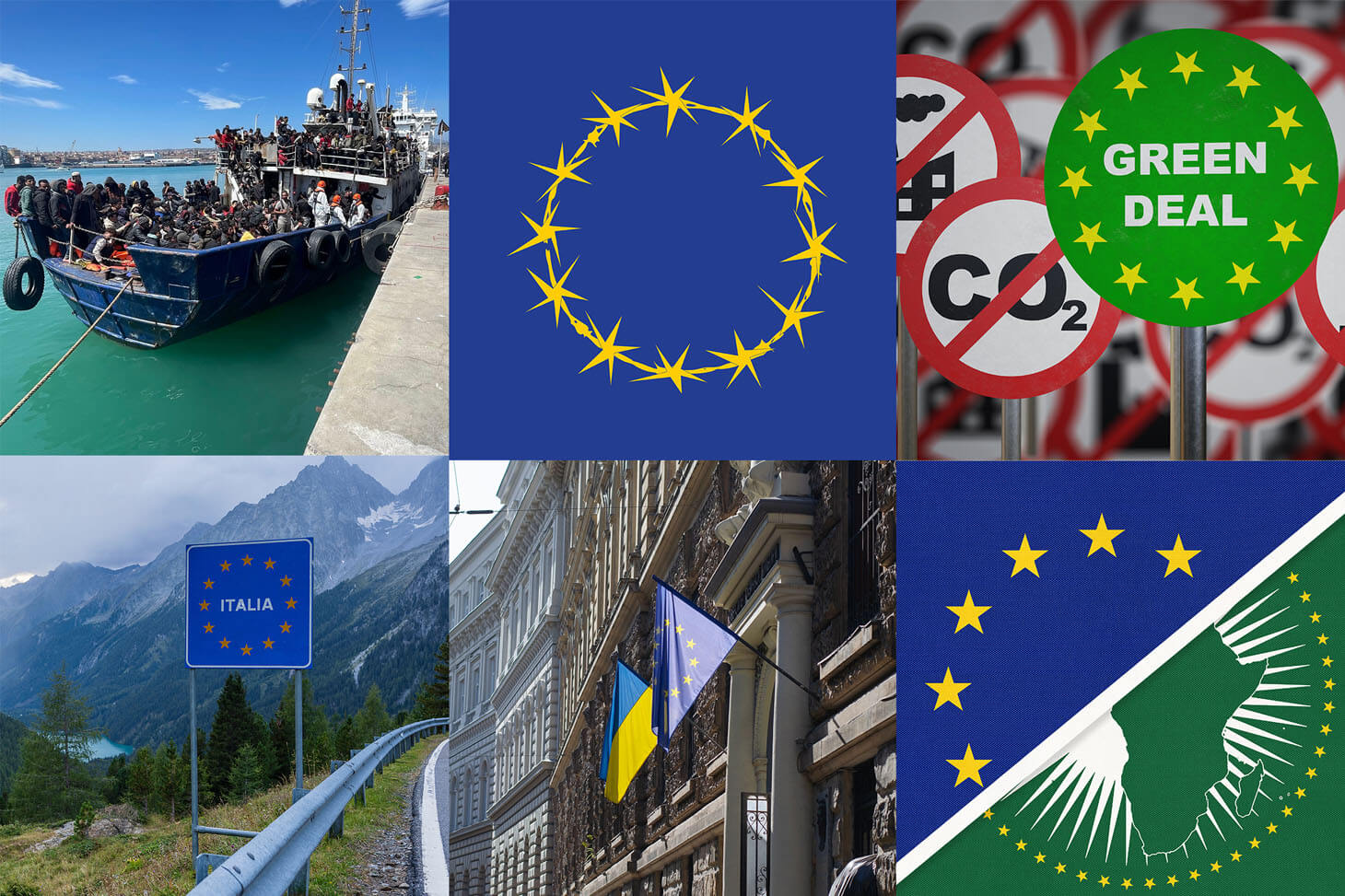EU Values: European Values and Interests in a Global Context

Europe, whether as a framework for action, a subject of study, or a major player involved, readily presents itself as a union of values, respectful of human rights, democracy, and the rule of law. The promotion of these values is omnipresent in most European actions, even when they stem primarily from the defense of one's interests. On Europe's southern flank, the Mediterranean and the Middle East form an area where these values coexist with other political and legal conceptions in different societies.
EU Values aims to encourage students to explore and evaluate this framework of thought and action by strengthening the intersection of different disciplinary and thematic viewpoints. Whether it comes to social policies, security and defense strategies, humanitarian aid, the fight against corruption or human trafficking, migration, climate, and environmental policies, or energy choices, how do these values stand up to reality check? Do European values exist? If so, how are they perceived and interpreted outside Europe, particularly in the Mediterranean and Middle East? How involved are states in implementing European directives and policies? In what way is Europe torn between sovereignty and federalism? What scale of decision-making is relevant to these issues?
The Summer School organized each year will be an opportunity to tackle one or more of these subjects in a multidisciplinary approach and with a different focus, enabling students to better understand the vocabulary and methods of disciplines other than those at the heart of their Master's program. The application of this Summer School (tutored project in 1st year and policy paper in 2nd year) will also enable students to put into practice the knowledge and skills they have acquired in a multidisciplinary environment.
Specific courses for this thematic program
EU Values' teaching units consist of a Summer School, with a cycle of themed conferences and seminars, mainly in English and possibly French, bringing together academics, professionals, and experts. Held for one week at the start of each academic year, this Summer School enables students to work together on many topics, creating a spirit of promotion and facilitating exchanges between students enrolled in the 1st and 2nd years of the thematic program.
The themes and conference programs change each year, so students who took part in the summer school in their 1st year can tackle a new subject during their 2nd year of program. These Summer Schools are followed by collaborative work to be carried out by groups of students from different Master's programs, as follows:
-
during the 1st year (or 4th year at Sciences Po Grenoble - UGA), lectures will be combined with a mentored project. 6 ECTS
-
during the 2nd year (or 5th year at Sciences Po Grenoble - UGA), a policy paper will be required. 6 ECTS
The work is supervised by a professor, may be submitted in French or English, and is subject to an oral defense. The grade obtained is valid for the teaching unit.
How to apply
To apply to this program, you must first be admitted to a Master's degree from the list below :| Master’s degree / Engineering curriculum | Year | University Department or Engineering School |
Language |
|---|---|---|---|
| Droit européen des transitions (Carrières juridiques européennes) | 1st and 2nd | Grenoble Law School | French, English |
| Coopération Internationale Et Communication Multilingue (CICM) | 1st and 2nd | UFR SoCLE | French, English |
| Gouvernance européenne | 1st and 2nd | Sciences Po UGA | English |
| Intégration et mutations en Méditerranée et au Moyen-Orient (MMO) | 1st and 2nd | Sciences Po UGA | English |
Associated Doctoral School
Contact
Romain Tiniere
romain.tiniere@univ-grenoble-alpes.fr
Sara Casella-Colombeau
sara.casella-colombeau@univ-grenoble-alpes.fr
Graduate School@UGA
graduate-school-uga@univ-grenoble-alpes.fr

